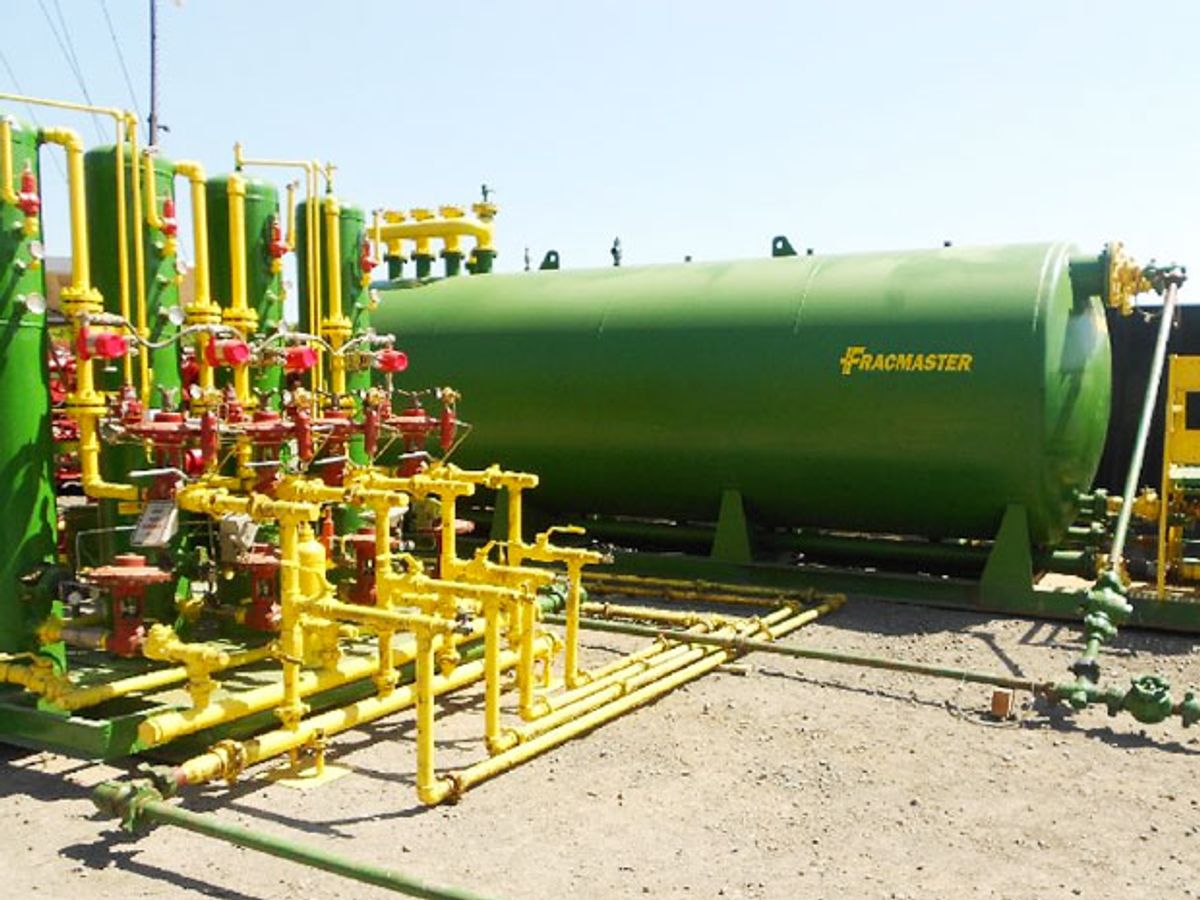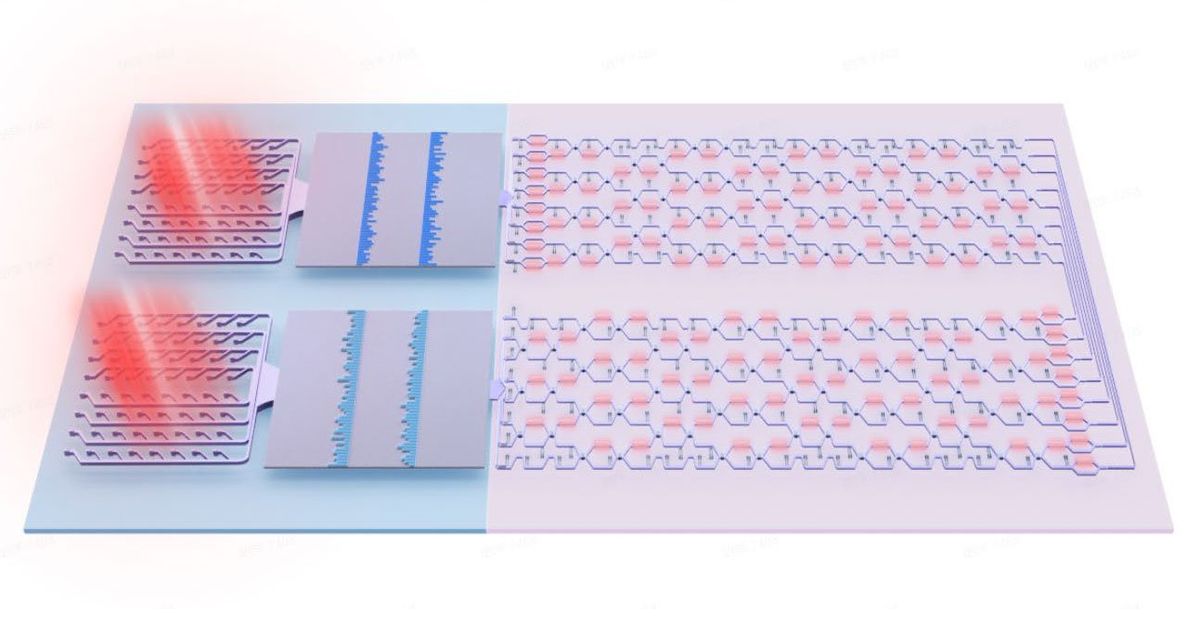By now it should be evident to all that hydraulic fracturing is a disruptive technology in every sense. With natural gas prices still in free-fall because of fracking, competition from gas-fired generation continues to lay waste to plans for new nuclear power—the most recent casualty being Duke's Levy project in Florida—while threatening investment in futuristic green and clean tech. Fracking is the most important single element in the dramatically improved energy position of the United States, and the main factor in the country's much lower greenhouse gas emissions.
The one thing that could slow the gas juggernaut is concern about methane leakage, which, because of CH4's high warming potential relative to CO2, could cancel benefits believed to accrue from conversion of coal to gas generation. There is evidence, however, that concerns about methane leakage may be somewhat exaggerated.
In a letter published by The New York Times on Aug. 1, the CEO of the Marcellus Shale Coalition, Kathryn Z. Klaber, pointed out that the U.S. Environmental Protection Agency reduced its estimate of methane leakage in its latest greenhouse gas inventory, even as fracking has grown spectacularly. Klaber attributed that largely to what is known in the industry as "green completion" [photo]—procedures for sealing wells against leakage, following gas extraction. Starting in January 2015, the U.S. government will require green completion at all new fracking wells.
Klaber's is not the only voice urging caution with respect to claims about methane leakage. In communications last week with Andrew Revkin, who does the Times's admired Dot Earth energy blog, two eminent climate scientists took aim a natural gas alarmists. "It’s meaningless to sound off about how much more 'potent' a greenhouse gas methane (natural gas) may be, compared to CO2, unless you also take into account how small methane emissions are relative to CO2," said the University of Chicago's Raymond Pierrehumbert."The important thing to understand is that essentially all of the climate effects of methane emissions disappear within 20 years of cessation of emissions.… In contrast, CO2 accumulates in the atmosphere, ratcheting up the temperature irreversibly, at least out to several millennia."
What is striking in the EPA's 2011 U.S. Greenhouse Gas Inventory, beyond the particular question of green completions and best practices, is how low its estimate of methane leakage is, relatively to total U.S. emissions. On p. ES-13 of the Executive Summary, EPA reports that CH4 accounts for 8.8 percent of total U.S. greenhouse gas emissions. With leakage from natural gas systems accounting for less than a quarter of total CH4 emissions, methane leakage appears to represent only about 2 percent of total U.S. greenhouse gas emissions, if the EPA is right. On the face of it, the benefits from switching large fractions of coal generation to gas—producing a 50 percent cut in greenhouse gas emissions, per unit energy—would seem to far outweigh the emissions costs from leakage.
Of course the methodology EPA has used in its estimates is hugely complex and, therefore, open to dispute. Reports from the field often claim much higher leakage rates, most recently one this week that found methane leaking into the atmoshere from a Utah drilling site might represent as much as 14 percent of gas production. We are sure to see many such claims and counter-claims in the coming years. The jury may be out, indeed, until we get comprehensive direct measurements of methane leakage, from on-site instruments and atmospheric sensors.
photo: Fracmaster
(Fracmaster, is a company that specializes in gas wellhead and fracking equipment, repairs, and green completion services.)



